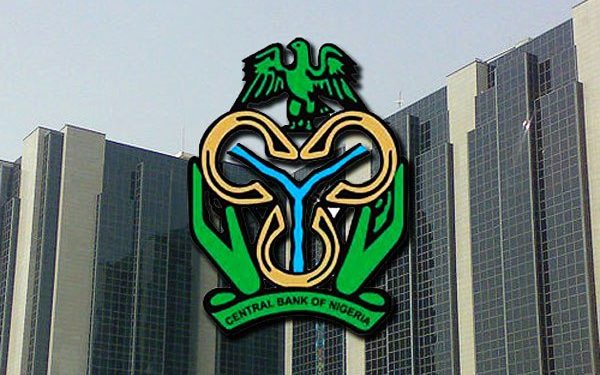- The Central Bank of Nigeria (CBN) reinstates access to forex for 43 previously banned items, aiming for exchange rate stability
- Dollar supply declined by nearly 87% at the I&E forex window, a day after the policy change, raising concerns
Despite the recent decision by the Central Bank of Nigeria (CBN) to lift the forex ban on 43 items, Nigeria experienced a significant drop in dollar supply on Friday.
The CBN, in a major monetary policy shift, reinstated access to forex for 43 items that had been banned from accessing foreign exchange since June 2015. This policy shift aimed to sustain the stability of the foreign exchange market and derive optimum benefits from imported goods and services.
The list of items included rice, cement, toothpicks, margarine, palm kernel/palm oil products/vegetable oils, meat and processed meat products, vegetables and processed vegetable products, poultry (chicken, eggs, turkey), soap and cosmetics, tomatoes/tomato pastes, milk, maize, and tinned fish in sauce (Gelsha)/sardines.
The CBN, in a statement signed by the Director of Corporate Communications, Isa AbdulMumin, emphasized its commitment to promoting orderliness and professional conduct among all Nigerian foreign exchange market participants. This was to ensure that exchange rates were determined by market forces through a willing buyer-willing seller principle.
The statement also outlined the CBN’s goal to achieve a single foreign exchange market.
While the decision received mixed reactions, with experts warning of potential worsening of the forex challenge due to increased demands without a commensurate boost in supply, data from the Financial Markets Dealers’ Quotations (FMDQ) showed a decline in dollar supply at the Investor & Exporter (I&E) forex window on Friday, a day after the policy change was announced.
The I&E window recorded a turnover of $53.02 million on Friday, compared to $407.66 million on Thursday, representing an 86.99 percent decline.
The Lagos Chamber of Commerce and Industry (LCCI) supported the policy change, calling it a market-friendly step towards unifying exchange rates and anticipating a reduction in short-term inflationary pressures. The LCCI recommended that the CBN explore creative financing options to clear the short to medium-term backlog and establish a mechanism for forex unification under the current system. The Chamber stressed the importance of the right monetary policy reforms to enhance the investment climate and boost investor confidence.
